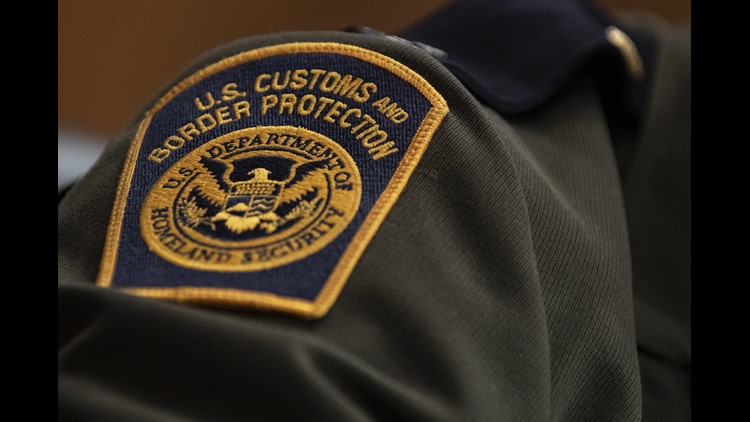US Customs and Border Protection halted the import of products from five countries on Monday in a rare move aimed at countering forced labor abroad.
The agency issued what is known as withhold release orders (WROs), which are intended to prevent goods suspected to have been made with forced labor from entering the US.
The products include rough diamonds, gold and disposable rubber gloves, and are from a range of countries, including China, Malaysia, Zimbabwe, the Democratic Republic of the Congo, and Brazil.
“CBP’s issuing of these five withhold release orders shows that if we suspect a product is made using forced labor, we’ll take that product off U.S. shelves,” said acting CBP Commissioner Mark Morgan.
CBP has issued only one other order in 2019, against tuna and tuna products, according to agency data.
Enforcing the forced labor rules is one of the most “challenging trade enforcement issues” for the agency, said Brenda Smith, CBP’s executive assistant commissioner of trade.
“Forced labor can be difficult to detect because although it is outlawed and not condoned in many parts of the world, it still occurs in the shadows and goes undetected,” she said.
Merchandise produced with forced labor is also difficult to trace due to long, opaque supply chains, according to Smith.
The US has had a ban on goods that use forced labor since 1930, but enforcement was rare until Congress changed the law in 2016, according to the law firm Arnold & Porter.
CBP needs information that reasonably, but not conclusively, indicates that merchandise being imported had used forced labor for it to be banned. Investigations can be triggered in several ways, including through news reports and tips from the public or trade community, according to the agency.
For instance, CBP found evidence of isolation, restricted movement, and physical and sexual violence during production of one of the imported garments from Xinjiang, China. According to Smith, there has been a significant amount of news reporting on forced labor in this region, but the challenge is linking general reports to specific imports coming into the US.
At the diamond mine in Zimbabwe, there was evidence that the police, military and other security officers, in charge of guarding the mines, forced people to stay in the mines or face punishment, according to CBP. And at the gold mines in the eastern Democratic Republic of the Congo, the “most prevalent” indicator of forced labor was the presence of armed forces, said Smith.
Importers affected can either export their products or demonstrate that forced labor wasn’t used in order to have them released into the US.



